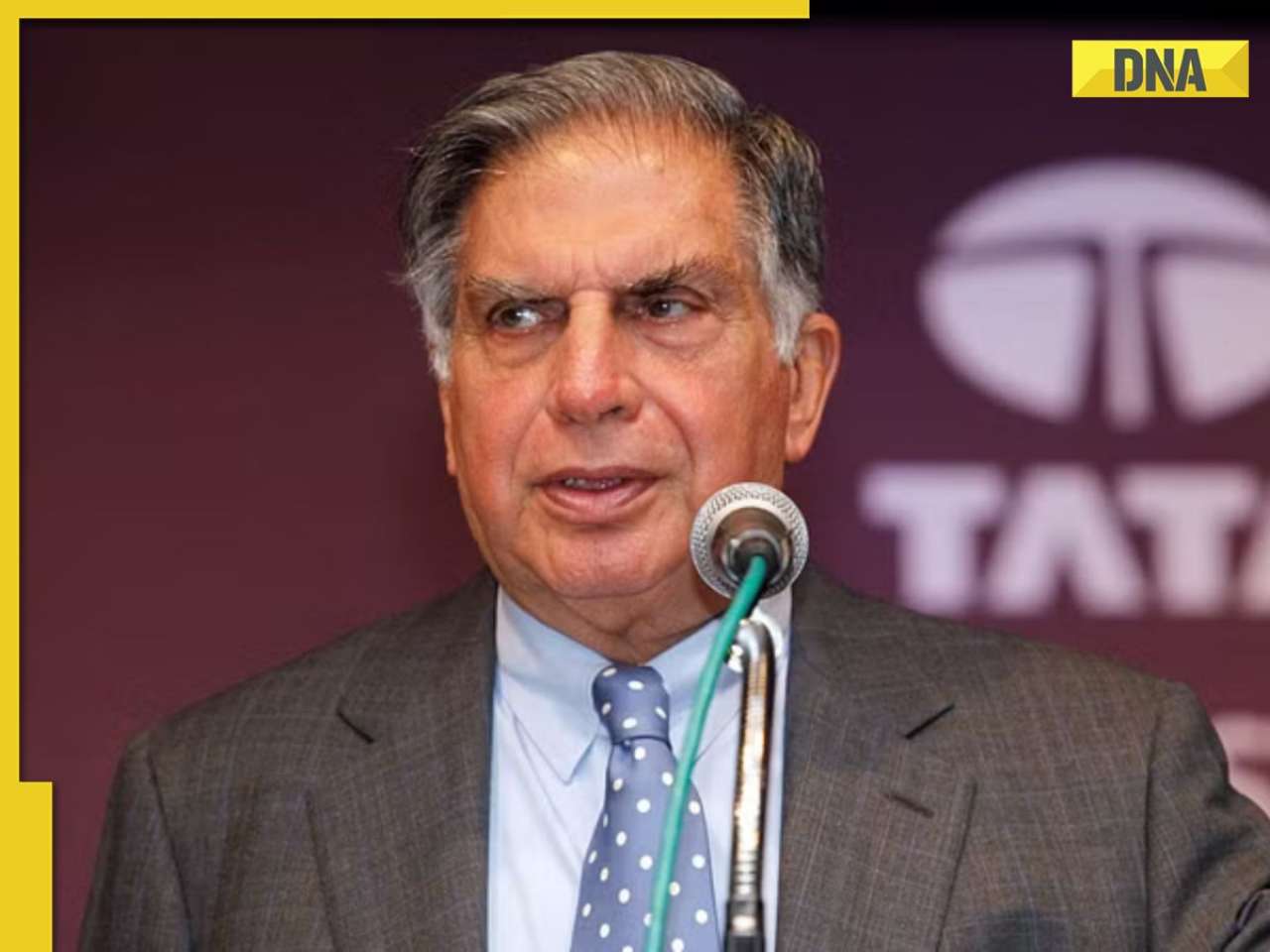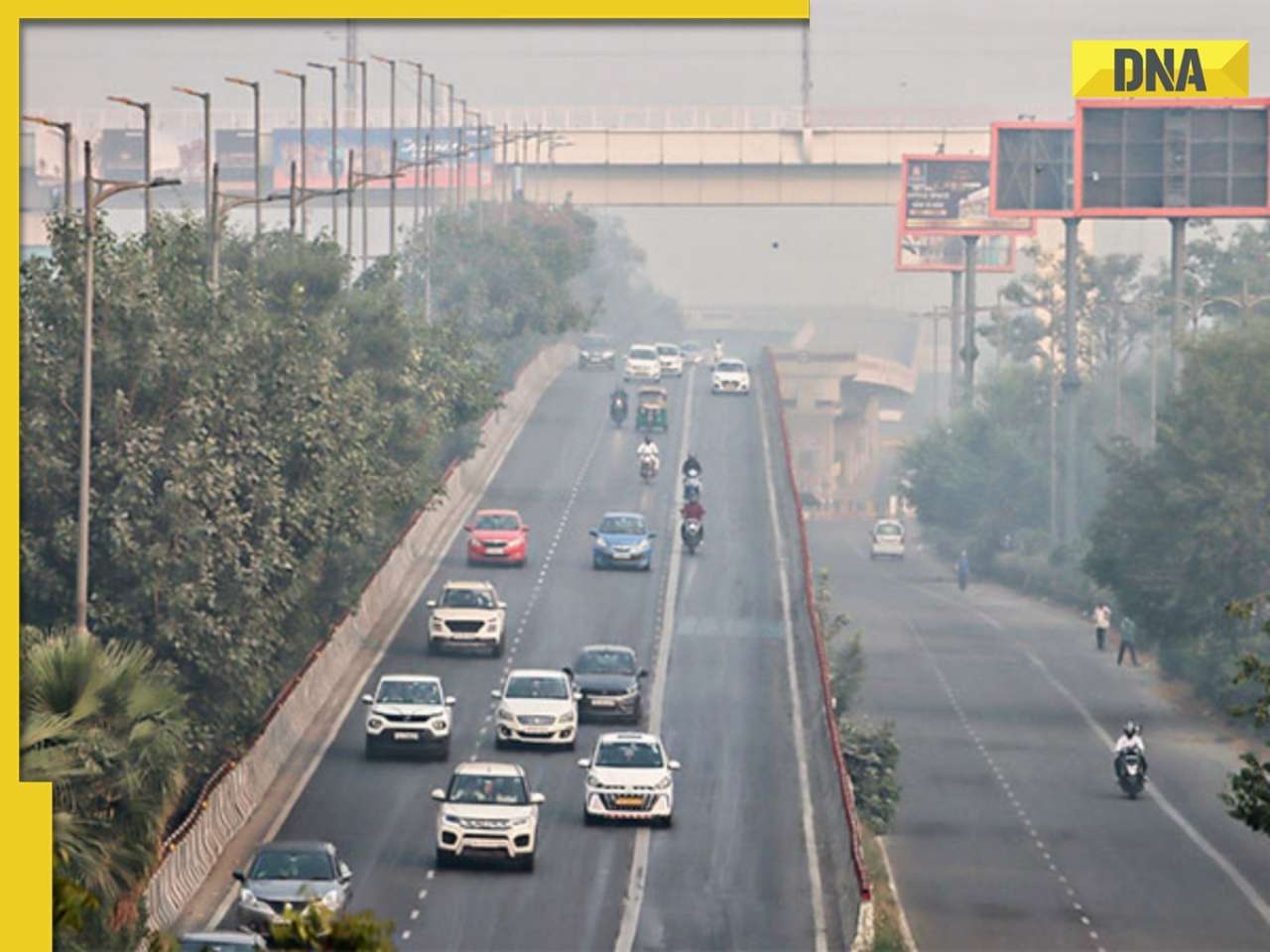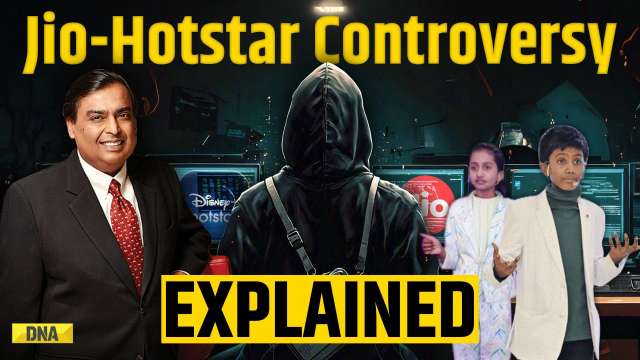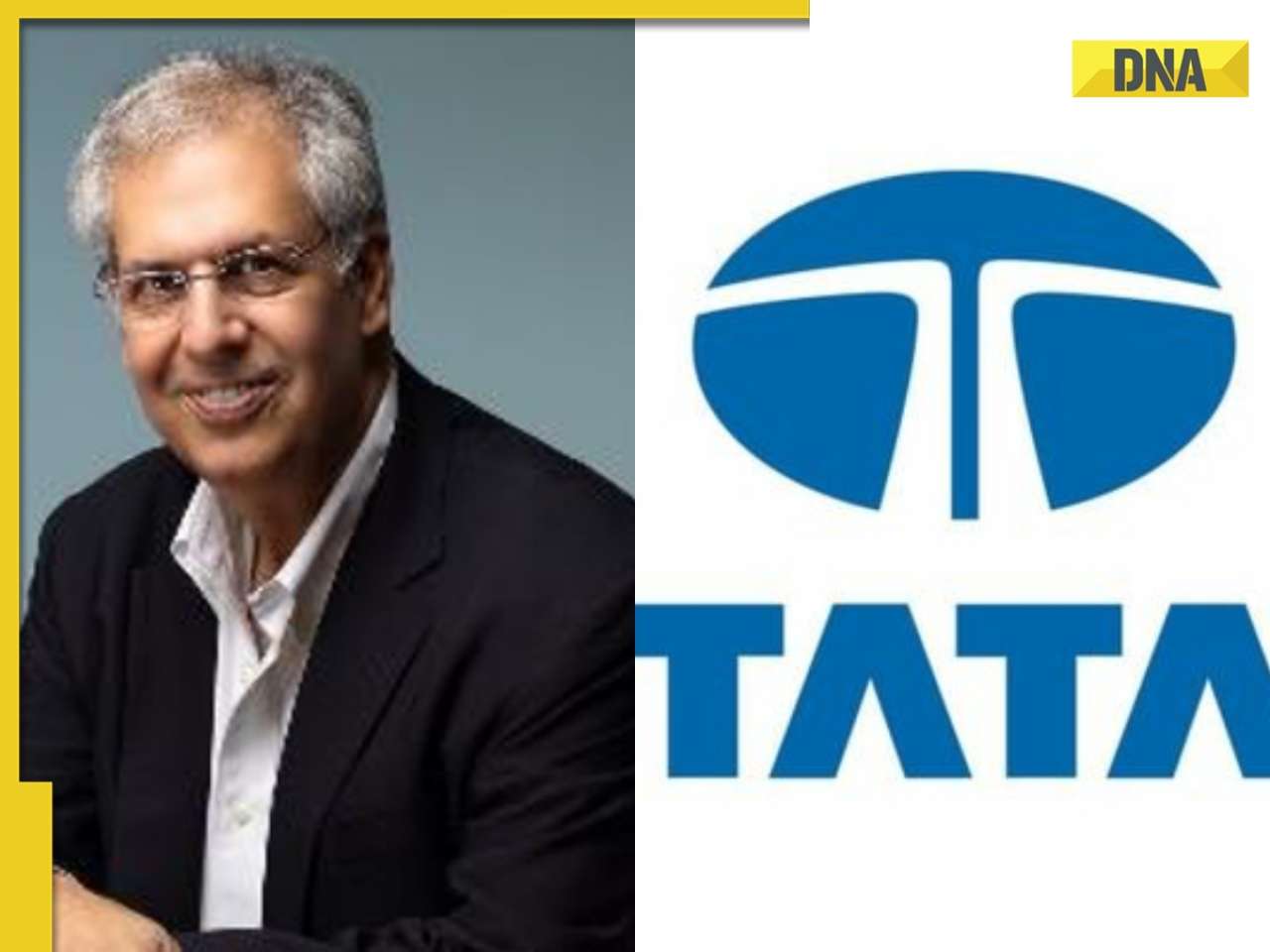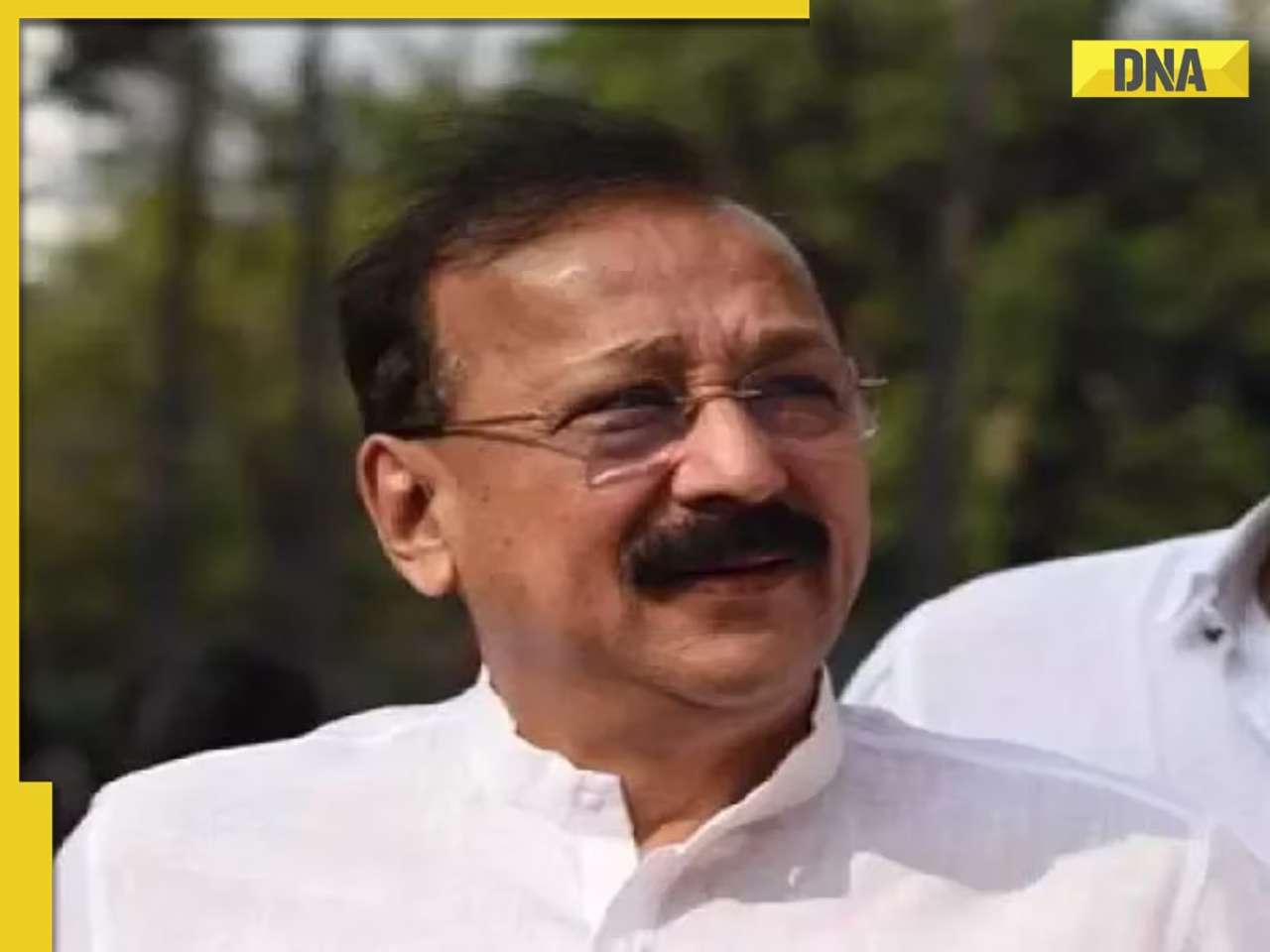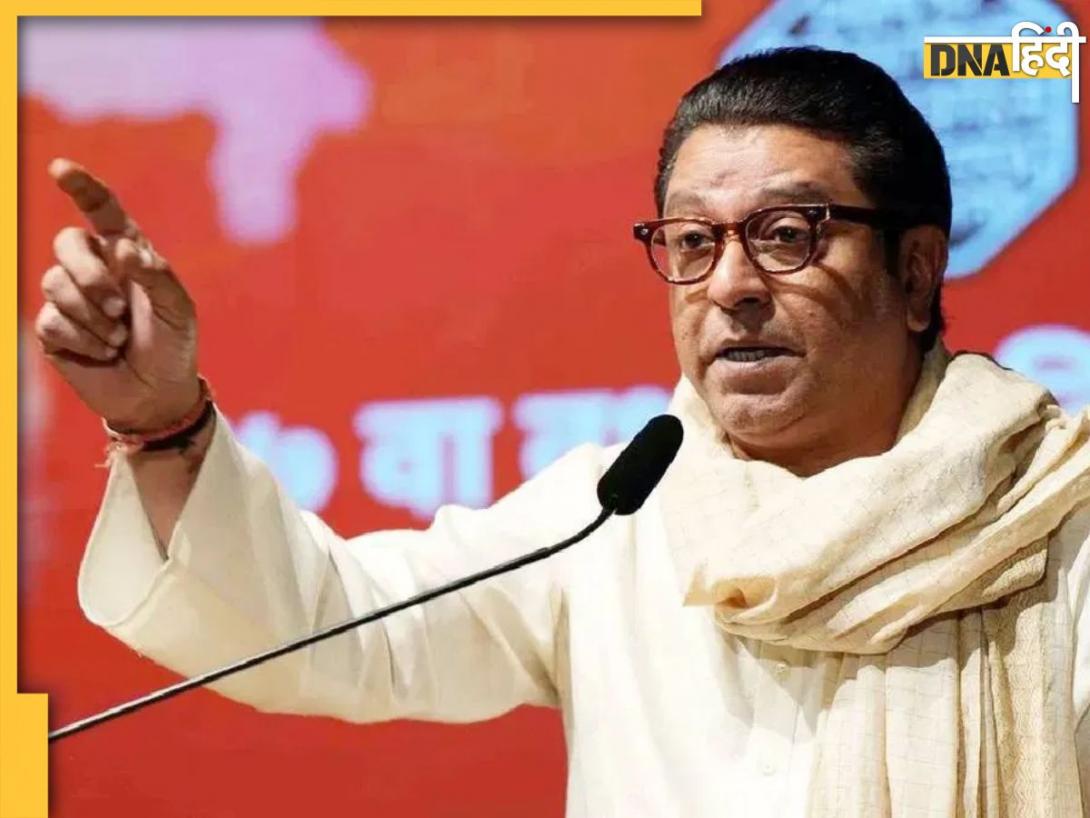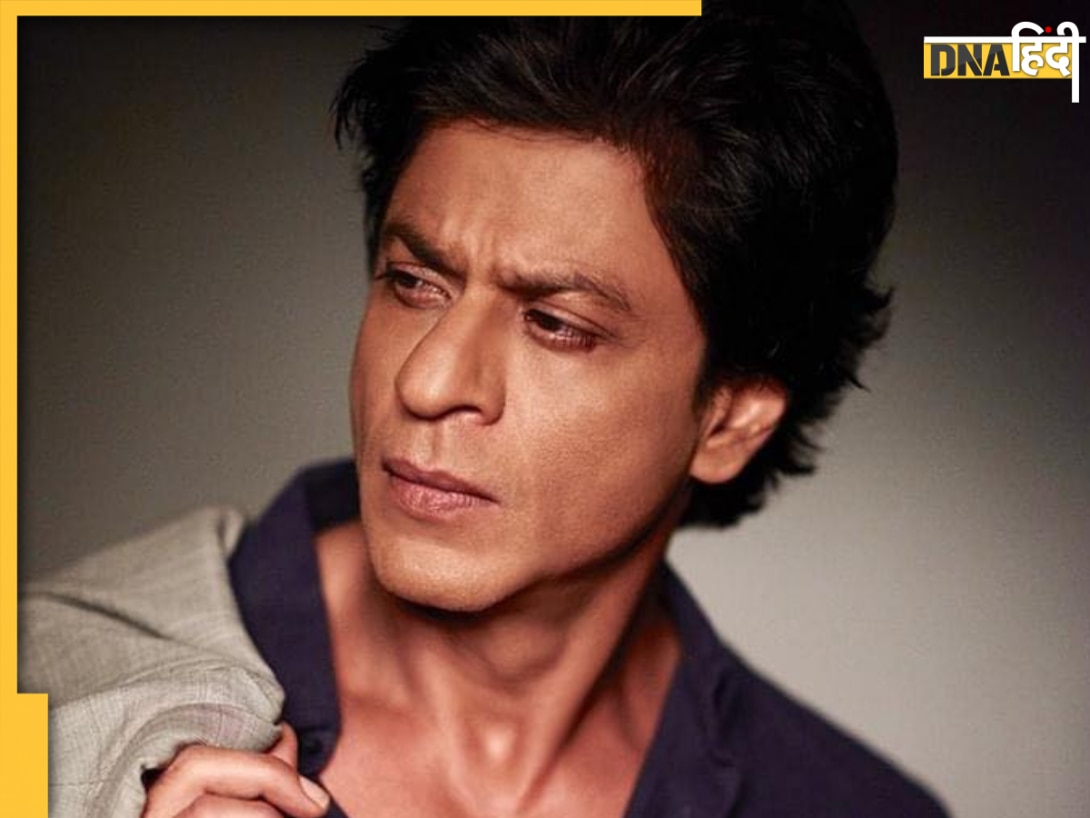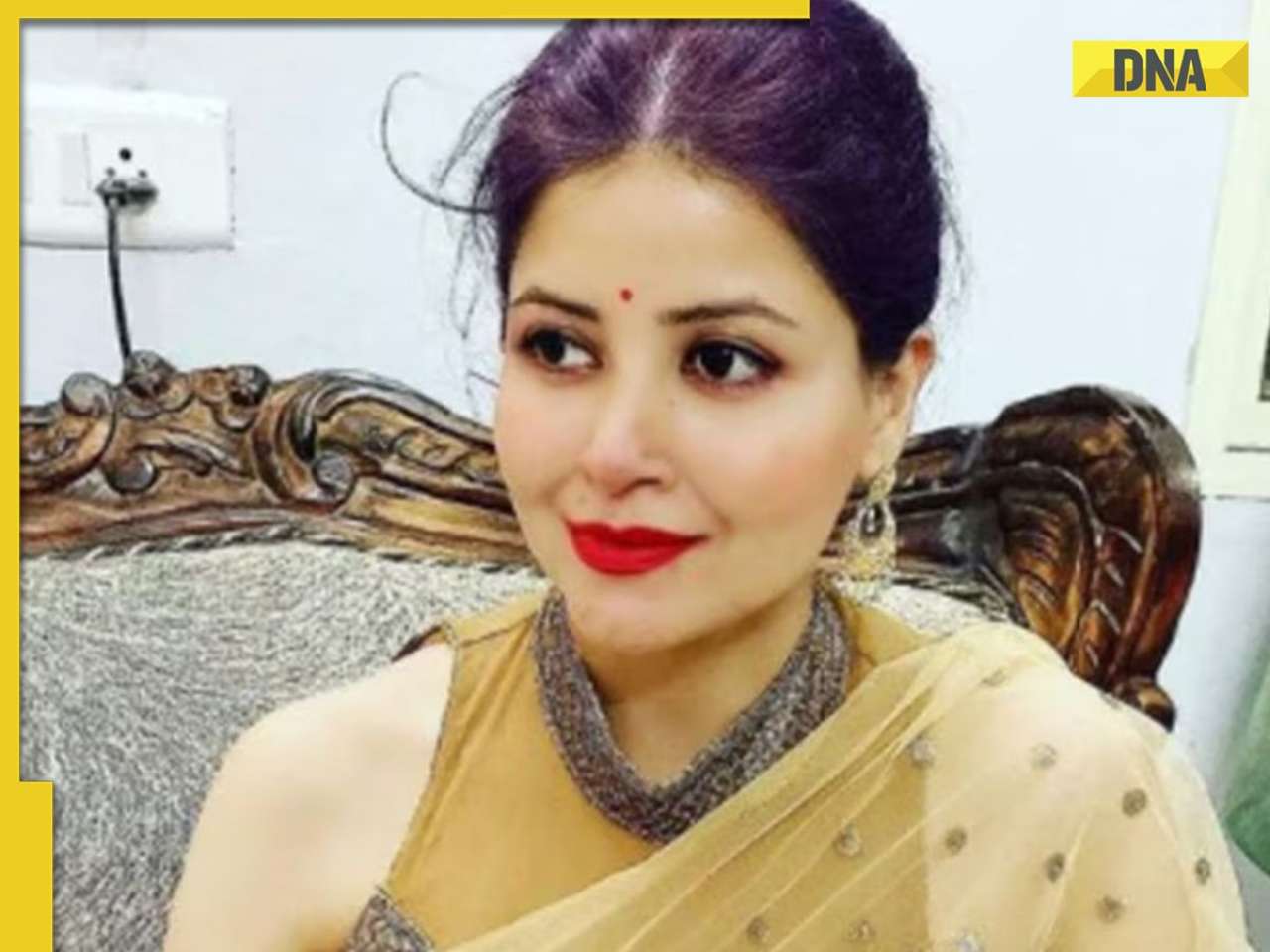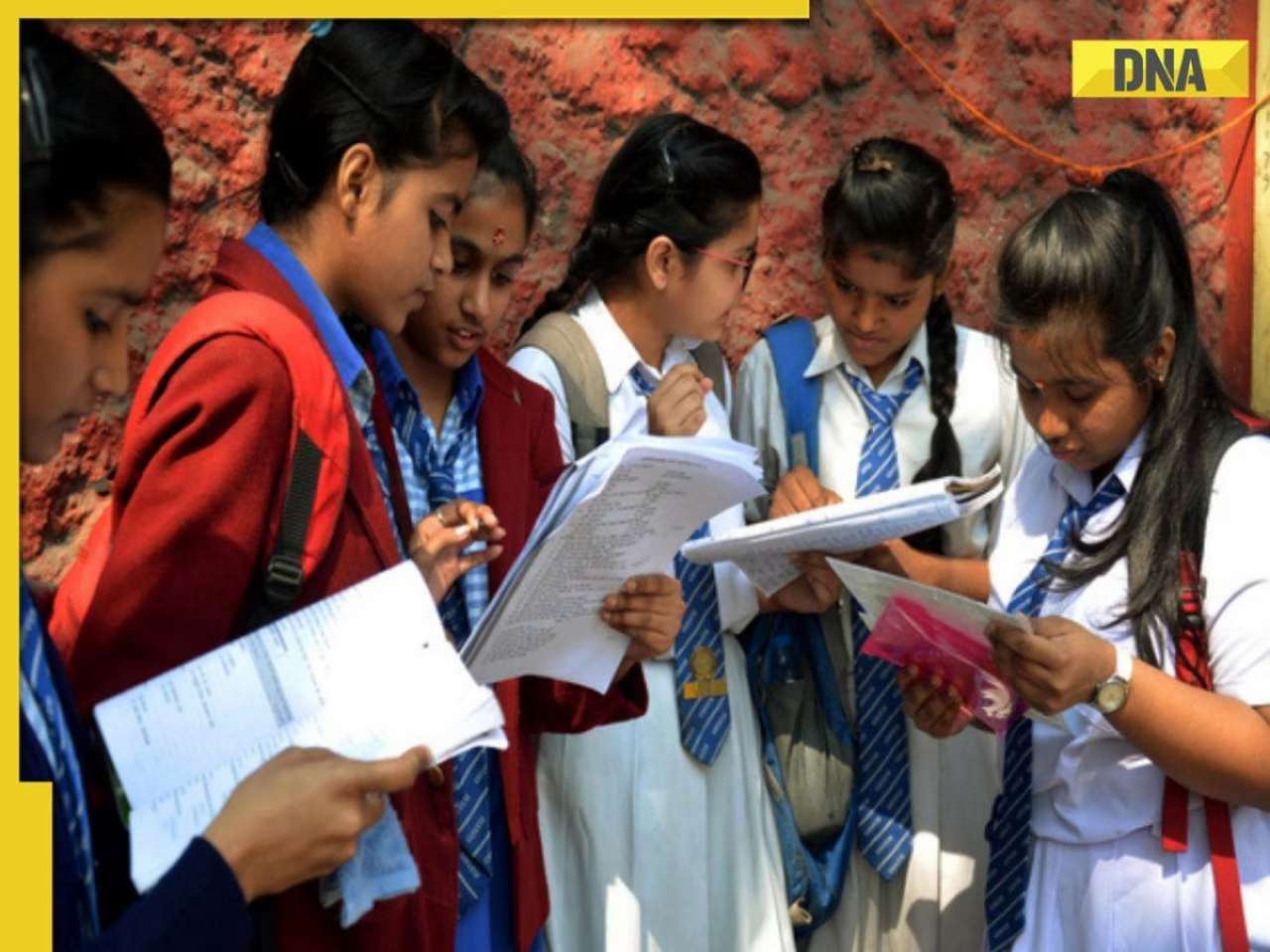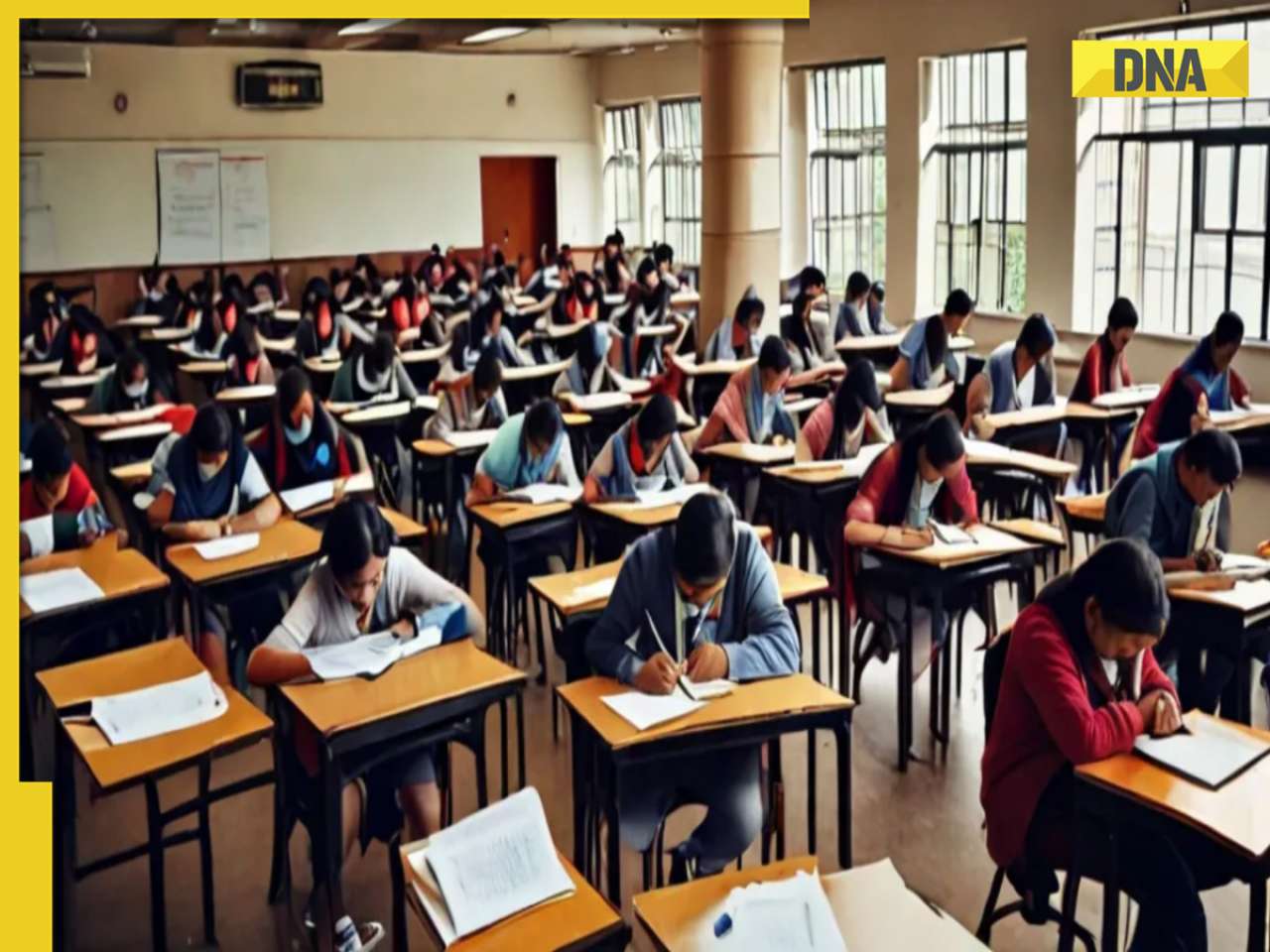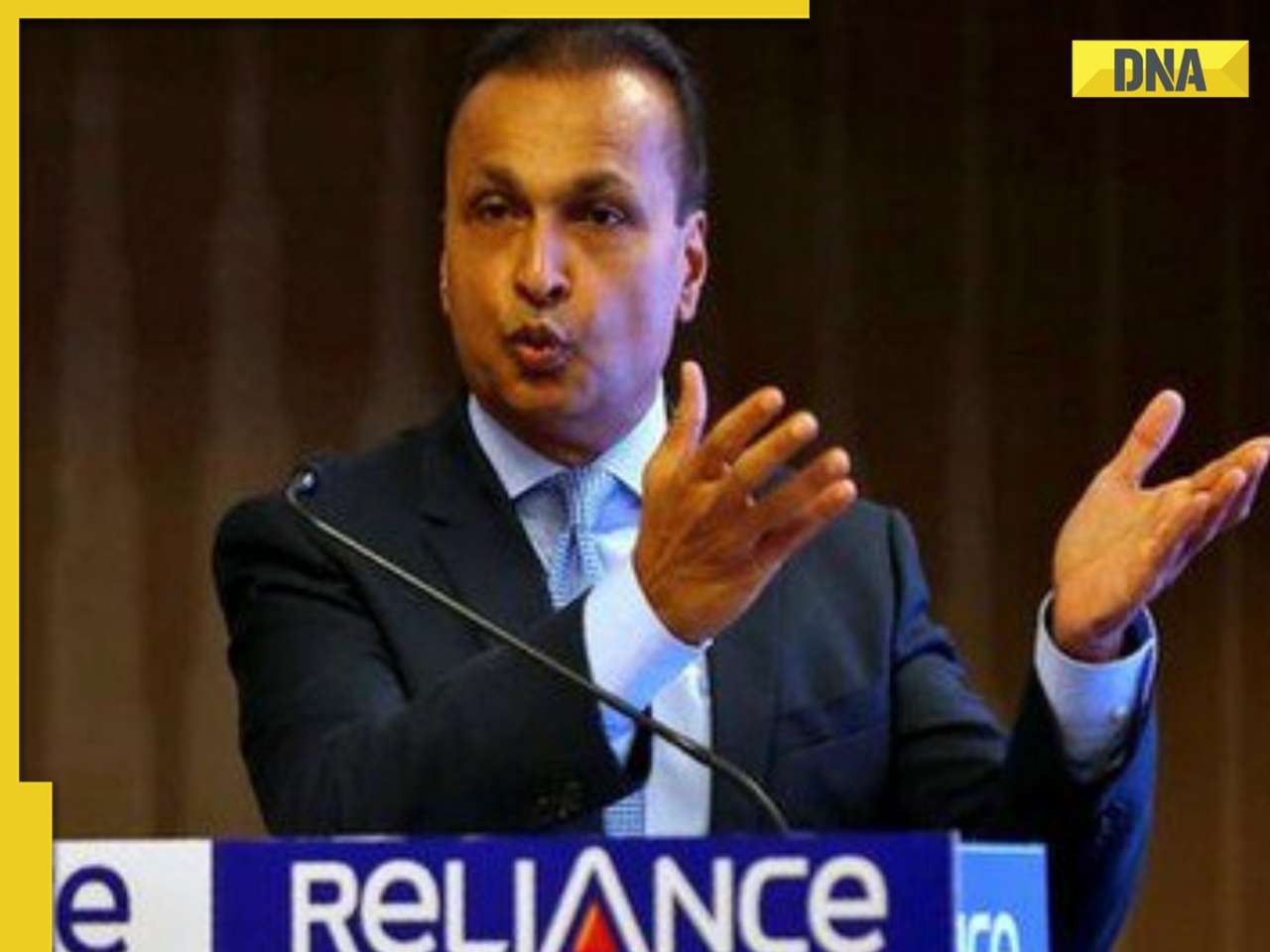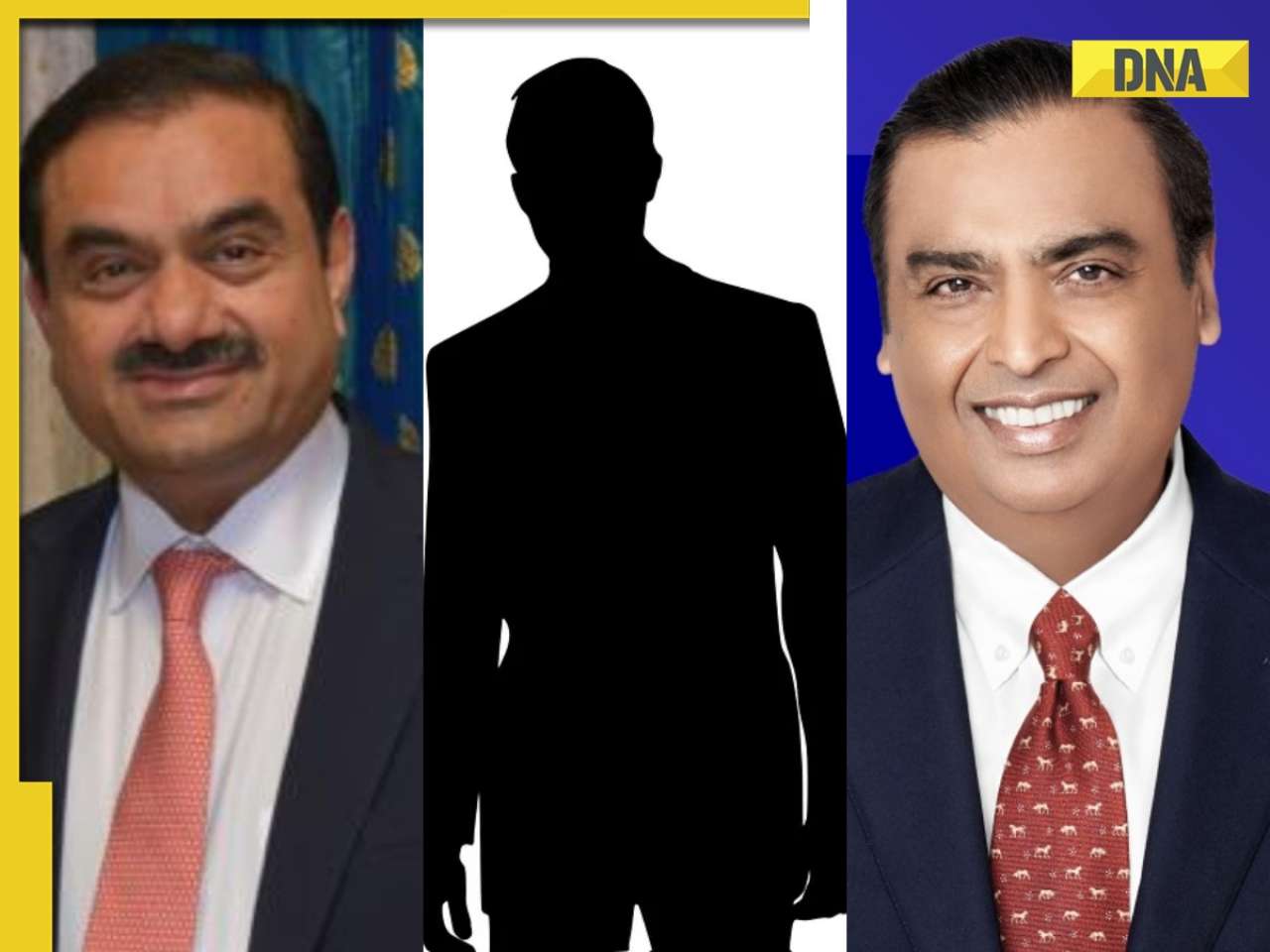- LATEST
- WEBSTORY
- TRENDING
ANALYSIS
Graded autonomy of universities: An idea gone awry thanks to government interference
However, there is compelling evidence to prove that the quality of higher education is essentially inversely proportional to the intensity of regulations, at least in India
TRENDING NOW
Universities across the world are born autonomous and India is no exception. They are empowered by law to take their academic, administrative and financial decisions through decision-making bodies like academic councils, finance committees and executive councils.
Sadly, however, many of these powers have, over time, been circumscribed, if not usurped totally, by a plethora of notifications, regulations and guidelines issued by governments and regulatory bodies such that universities are now autonomous only with the permissions of their masters. This is invariably done on the pretext of public accountability and promotion of excellence.
However, there is compelling evidence to prove that the quality of higher education is essentially inversely proportional to the intensity of regulations, at least in India.
Against this backdrop, any move by the government to guarantee greater autonomy to the institutions of higher education must be welcomed. While the IIM Act was needed to give them power to award degrees, the opportunity was also used to make them fully autonomous. They are now proclaimed to enjoy unrestricted freedom in the constitution of their boards as well as selection and appointment of their chairpersons and directors.
The second initiative in the series is the UGC Regulation for categorising universities based on their scores in NAAC accreditation or their ranks in the world rankings. Accordingly, universities reckoned amongst the top 500 in the world by QS or THE rankings as well as those that scoring 3.50 or above are to be placed in category I, whereas those scoring between 3.01 to 3.49 are to be bracketed in Category II. By implication, those scoring lower than 3.01 or remaining unaccredited are to be labelled as Category III universities.
Applying these criteria, 25 universities comprising 2 central universities, 12 state universities and 11 institutions deemed to be universities have been declared as Category I universities. Additionally, 27 universities consisting of 3 central universities, 9 state universities, 13 institutions deemed to be universities and two private universities have been notified as Category II universities. These category I and II universities are to remain within the ambit of the University Grants Commission (UGC), but shall have the freedom to start, without seeking UGC approval, new courses, off-campus centres, research parks and any other new academic programs.
Besides, the regulation in this regard also provides them freedom to hire foreign faculty, enrol foreign students, give incentive-based emoluments to the faculty, enter into academic collaborations and run open and distance learning programmes.
Taking them at face value, these two initiatives could have earned accolades for being pathbreaking and paving the way for a gradual shift towards a liberalised regime in higher education aimed at promoting excellence. The only objection to the move could have been on the ground that regulations are a barrier to excellence, then why should only a small number of universities be autonomous. The only other criticism could have been on the ground that unlike IIMs, where the issue of granting autonomy underwent inter-ministerial consultations and passed through the legislative rigour, the government chose to grant greater autonomy to universities in a graded manner through an administrative notification. But this does not necessarily lessen the importance of the decision.
It is, therefore, perplexing that a large section of the academic fraternity has reacted to the move with suspicion, calling it a euphemism for privatisation, commercialisation, withdrawal of state funding for higher education and erosion in public accountability, leading to crass commercialisation of higher education. Anguish of the academia can be best explained by context and timing of the notification. Most of their misgivings emanate not as much from the regulation on graded autonomy, as they do on account of a series of other announcements in recent times.
General Financial Rules (GFR) 2017 explicitly requires all autonomous organisations, with no exception to universities, to maximise generation of internal resources to eventually attain self-sufficiency and raise their user charges (read fees in case of universities) to recover the current cost of providing services with a reasonable return on capital investment. The fear gets further reinforced when higher educational institutions are not being given grants for the development of their physical facilities and infrastructure and are, instead, encouraged to borrow from Higher Education Funding Agency (HEFA). As if these were not frightful enough, it was made mandatory for the universities to raise a minimum of 30 per cent of the additional resources needed for the implementation of the 7th Pay awards.
Obviously, the apprehension of the academic community cannot be shunned as crying wolf when there is none and needs to be addressed urgently. The least that the government can do is to assure the nation that it is committed to enhanced investment in higher education and that funding for higher education won’t be curtailed. But for this, a wonderful initiative of granting autonomy to higher educational institutions would be seen as an idea gone awry.
The author is the Secretary-General, Association of Indian Universities (AIU). Views expressed are personal.

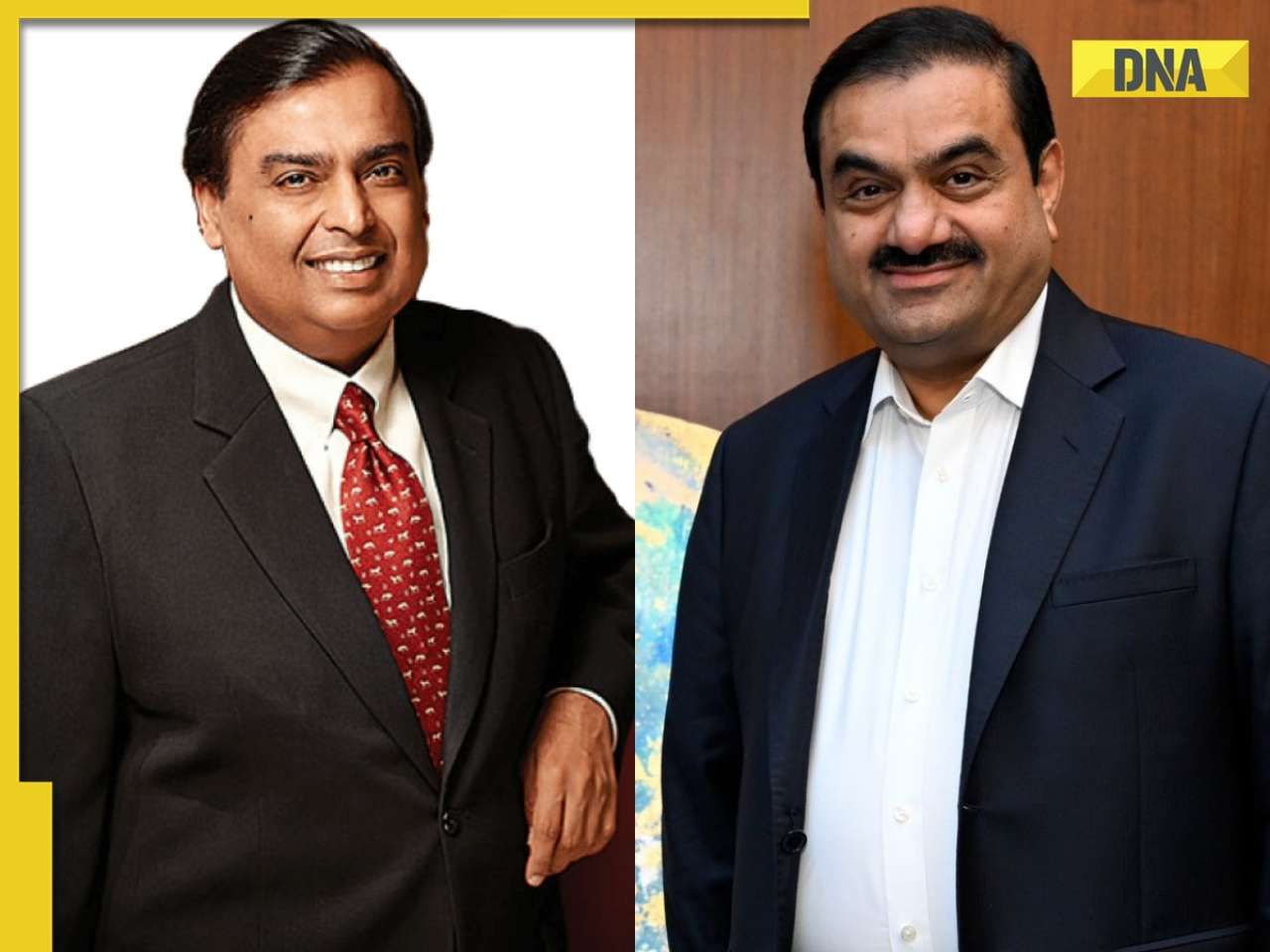





)
)
)
)
)
)
)
)
)
)
)
)
)
)
)
)





